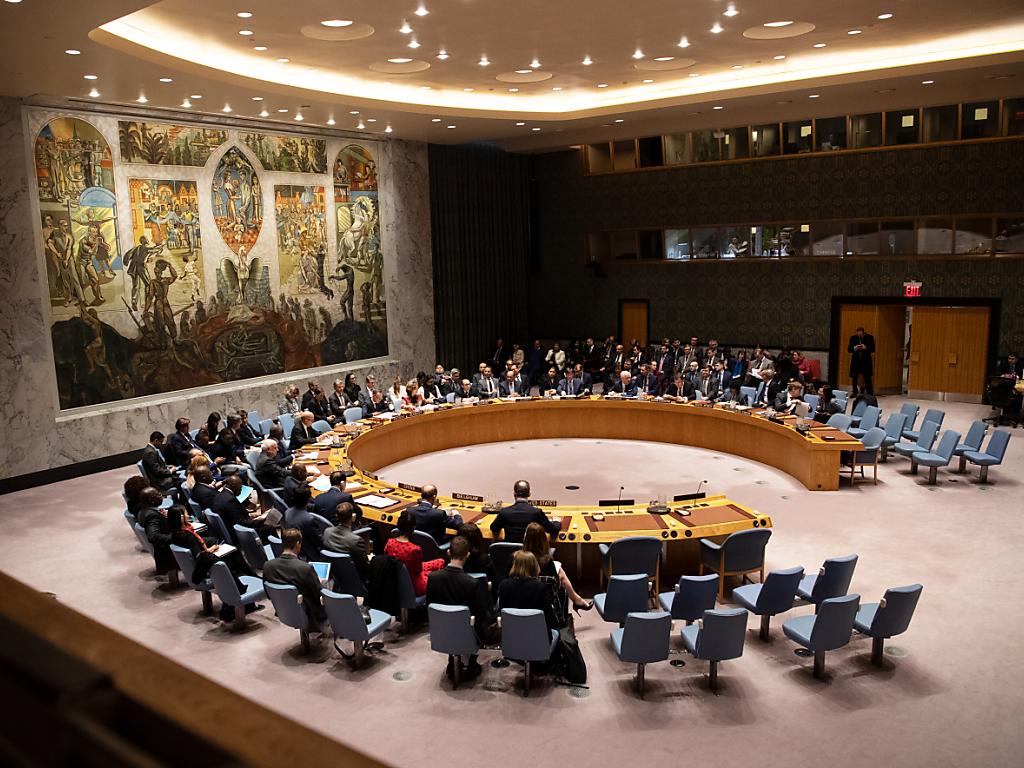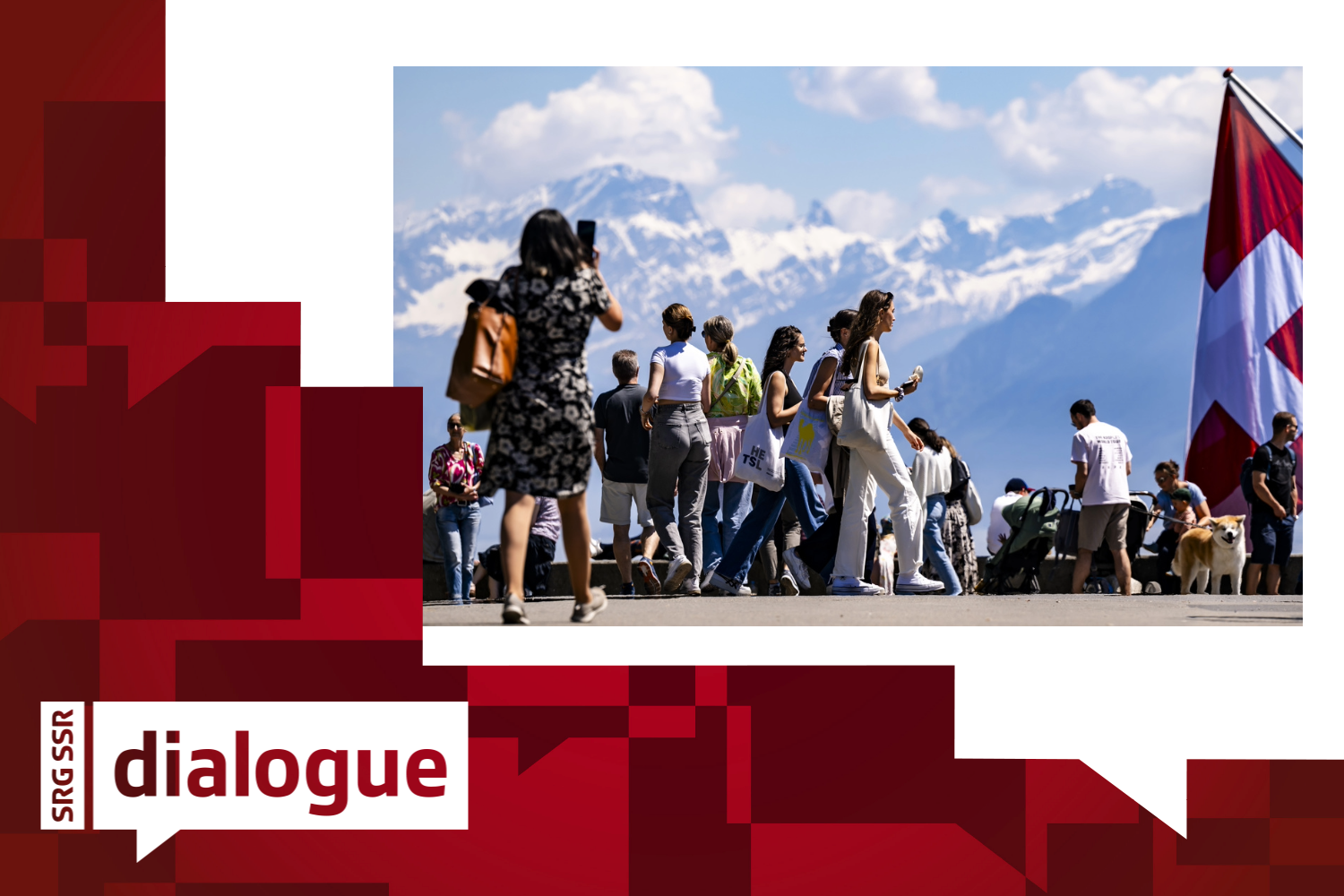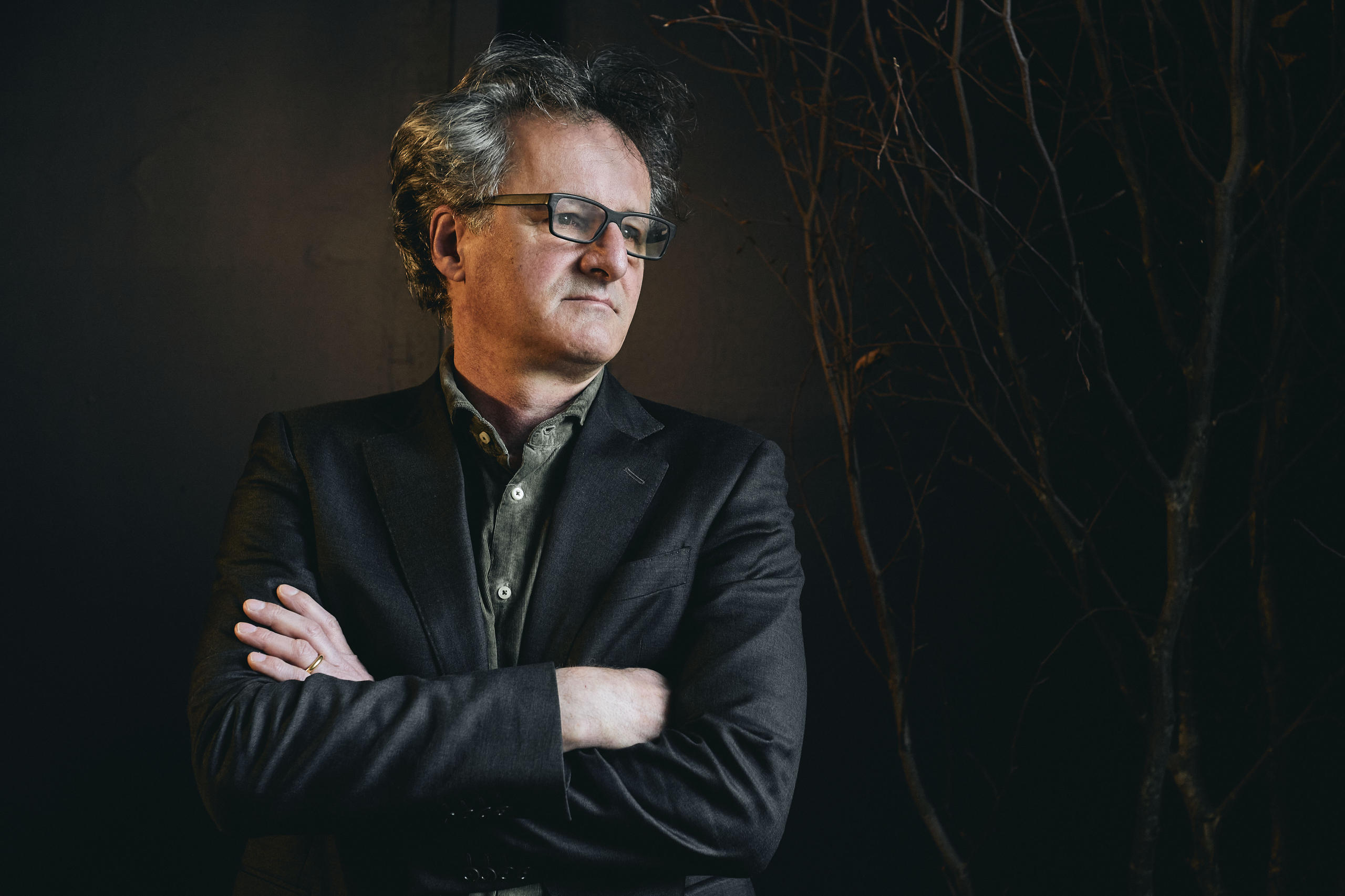
The UN Security Council is failing – this is why

According to the United Nations Charter, the Security Council bears the “primary responsibility for the maintenance of international peace and security”, but in conflicts it is usually blocked. Reforms are stalling. We explain why – and how Switzerland is getting involved.
How does the UN Security Council work?
It works as well as the constellation of powers allows. The end of Soviet communism was followed by a period of closer co-operation, which was mainly due to Russia’s weakness and China’s interest in integrating into the global economy.
Today, a countermovement is underway. China is establishing itself as a global power, while Russia is attempting to restore the Soviet sphere of influence. Large countries such as Brazil, Nigeria, South Africa and India are claiming a place as independent factors.
The Council has 15 members. Five of them, the victorious powers of the Second World War (US, Britain, France, China, Soviet Union/Russia), are permanent members and can block a decision with their veto.
The ten remaining members are elected by the UN General Assembly for a two-year term according to geographical distribution (two from Asia, two from Latin America, three from Africa, two from Western Europe, one from the former communist East).

Decisions – the so-called resolutions – are made with a majority of nine votes if none of the permanent members vetoes them. The veto does not apply to “procedural” resolutions.
Resolutions are binding on the member states but have no consequences unless they are adopted under Chapter 7 of the Charter (coercive measures). In this case, states are called upon to provide UN soldiers, known as “blue helmets”, and must implement blockade measures against states, companies or individuals (trade embargoes, account and visa bans). Switzerland does this automatically.
What are the problems with the UN Security Council?
It’s not the case that the Security Council is always blocked everywhere. It passes resolutions on most of the 50 or so items on its agenda, for example this year on the situation in Afghanistan or Sudan.
If the interests of the major powers are directly affected, the veto (or threat of veto) makes it impossible for the Council to reach a decision or take a position. Current examples include Russia’s attack on Ukraine or Israel’s actions in the Gaza Strip, but also issues such as China’s actions against the Muslim civilian population or the detainees in the lawless area of the US military base at Guantanamo.

More
How are you? What is on your mind? Take part in our big survey
These are blind spots in the Council’s field of vision, and they are currently growing. The extension of existing mandates is increasingly being contested or vetoed.
Major proposals such as Resolution 1325External link (“Peace, Women, Security”), which permanently places the inclusion of women in peace efforts on the Council’s agenda, are unthinkable today. The same applies to major new blue helmet missions, such as those established in Africa after the end of the Cold War.

The mistrust and unwillingness to co-operate is reflected in the details of Council operations. For example, the legitimacy of speakers or delegation members is regularly questioned and the war in Ukraine is continued in the Council as a tit-for-tat situation: when Western Council members schedule a meeting on the war, Russia counters with a meeting on Western arms supplies to Kyiv.
This eats up valuable meeting time (the Council meets around 800 times a year) and strains the resources of the monthly rotating Council presidency, which Switzerland will hold for the second time in October.
The spiteful pettiness is facilitated by the absence of clear procedural rules. The Security Council only has “provisional” rules of procedure, which leave plenty of room for interpretation and improvisation, but also for sabotage.
The practices that have developed over the years were summarised in a “presidential note” (presidential note 507) in 2017.
Another problem arises where the Security Council functions well. There are no legal remedies against its embargo decrees. Anyone who loses access to their bank accounts or is denied a foreign visa as a result of a Security Council decision has no legal recourse.
In the area of al-Qaeda/ISIL sanctions, there is an ombudsperson’s officeExternal link that can examine cases and, if necessary, make suggestions. For the other 14 sanctions regimes, a focal point in the UN Secretariat receives complaints, which often get lost in bureaucracy without any consequences.
Switzerland played a central role in this ombudsperson’s office. Read more here:

More
Refereeing the war on terror
What reforms have been proposed to the UN Security Council?
The two most urgent reforms concern the composition of the Council and the veto of the permanent members. The composition is based on the situation at the end of the Second World War, when the losers (Germany, Japan) were excluded and most of the current states were European colonies.
It is argued that the Council should better reflect today’s world, but the debates about the right formula have been going round in circles for almost four decades. The same applies to the veto. Both would require an amendment to the UN Charter, which must be adopted and ratified by two-thirds of the states and approved by all five permanent members.
This is not realistic. This is why France and a large number of other states – including Switzerland – are calling for voluntary self-restraint: when it comes to genocide, war crimes and crimes against humanity, the permanent members should voluntarily waive their veto.
A whole series of reform proposalsExternal link are aimed at the working methods on this side of a major reorganisation. The Council, as it is, should open up.
There are calls for detailed accountability to the other states, more inclusion of the opinions of civil society or greater consideration for those affected by Council decisions, in particular appeal options against embargo decisions.
Switzerland’s role on the UN Security Council
Switzerland has been committed to the reform of working methods for two decades. After the World Summit in 2005, it formed the “Small Five” with Liechtenstein, Jordan, Singapore and Costa Rica and fought for a resolution in the General Assembly.

More
Switzerland gets down to work at UN Security Council
There was considerable support, but under strong pressure from the big three (US, Russia, China), the draft was not put to a vote. The Small Five were replaced by 27 states that pursue the same goals as the ACT Group (accountability, coherence, transparency). Switzerland is also a member. The reform of working methods is one of Switzerland’s four priorities in the Security Council.
What UN reforms are happening and what are the opportunities?
The UN Charter has been amended five times since 1945, but in the current situation it is unlikely to be changed. The improvement of appeal options against sanctions measures is creeping along.
The mandate of the Ombudsperson to the ISIL and al-Qaida Sanctions Committee expires in June 2024 and the US is responsible for negotiating a renewal. Malta is endeavouring to revise the terms of reference of the focal point for the other 14 sanctions regimes.
In the area of working methods, the signs are not pointing to expansion, but to dismantling: the hearing of civil society voices or new forms of Council work (dialogues, interactive formats) is increasingly being contested.
Japan is working on updating presidential note 507 with the aim of reaching an agreement by the end of the year. It is focusing on consolidating what has been achieved and making technical adjustments that are due. For example, the admissibility of internet messages as a substitute for faxes in official communication.
Edited by Marc Leutenegger. Translated from German by DeepL/ts

In compliance with the JTI standards
More: SWI swissinfo.ch certified by the Journalism Trust Initiative




























You can find an overview of ongoing debates with our journalists here . Please join us!
If you want to start a conversation about a topic raised in this article or want to report factual errors, email us at english@swissinfo.ch.